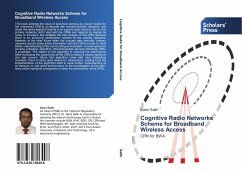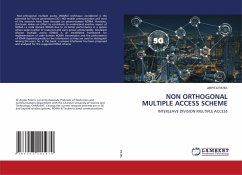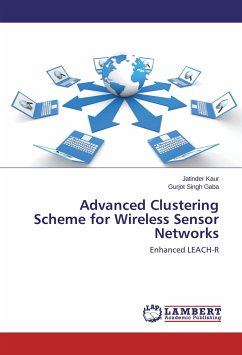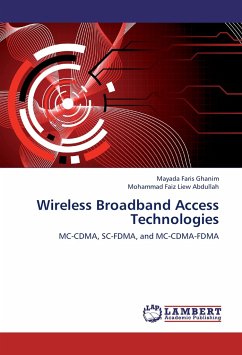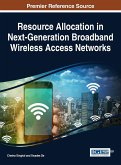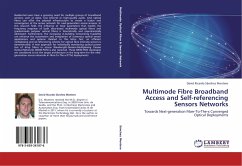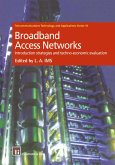This book address the issue of spectrum sensing as crucial routine for the unlicensed CRN to co-allocate with licensed primary networks, and share the same spectrum bands in an opportunistic manner. So far, the primary networks didn t deal with the CRNs and regards its signals as noise or intruders; this facilitate the fast emerge of the CRN, whereas there is no annoying modification needed to the existing networks. However, in the near future when the concept gets matured, primary networks should share some information with the CRN in order to have better understanding of the surrounding environment. A novel spectrum sensing scheduler algorithm, Interchangeable Sensing Schedule (ISS), is proposed. The impact of this algorithm in reducing the interference while increasing the opportunity of the CRN to detect a vacant spectrum slot was proven. Since this algorithm come with new scheduling concepts, there is many open issues for researchers, starting from the implementation of the algorithm itself to have further understanding of its behavior in real world environment, to the investigation of the inter-band softer handover procedures to keep the connectivity of the CPEs.

